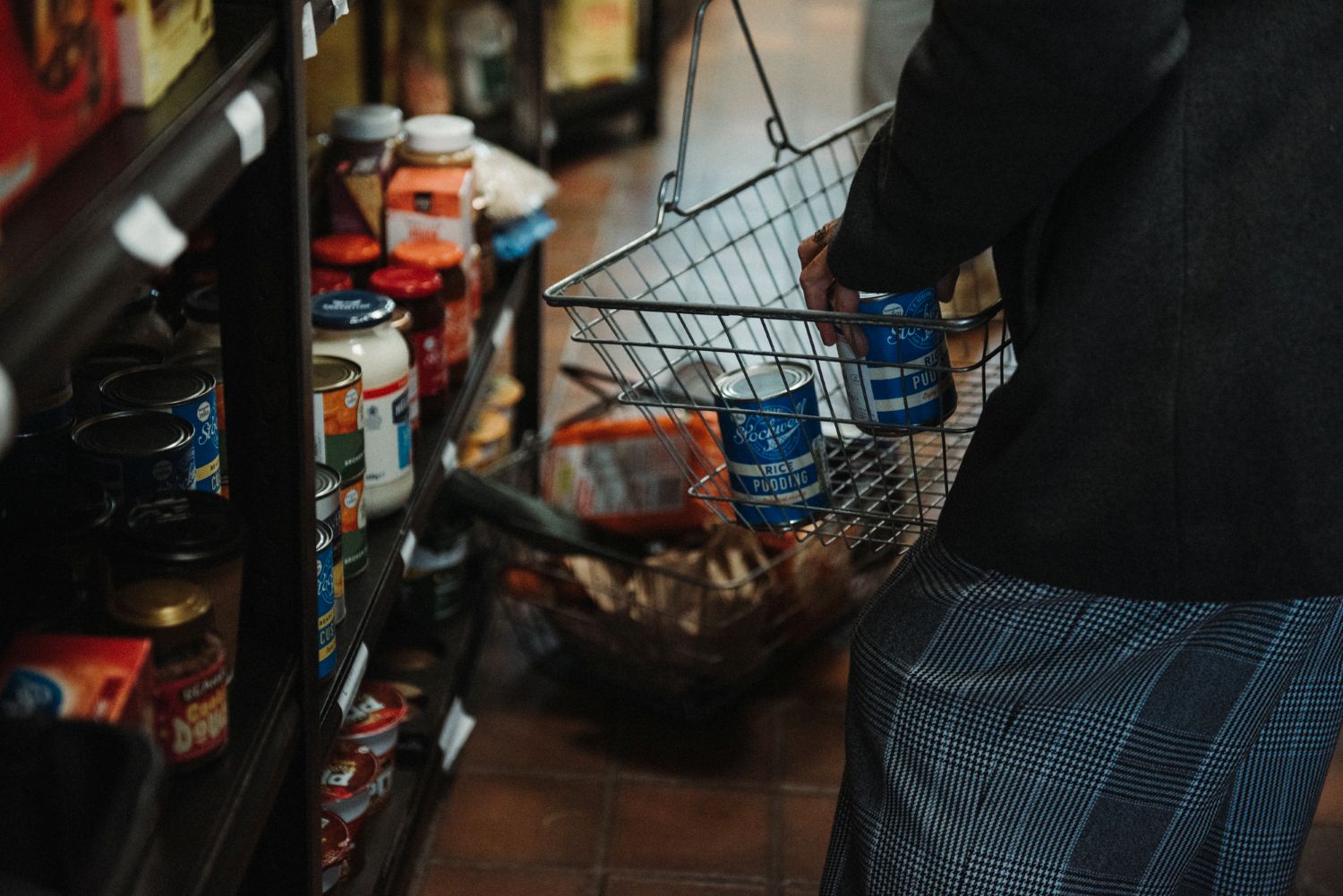Time to read 1 Minute
Author The Old Vic
Published 12/12/2023
In celebrating the 200th anniversary of Charles Dickens’ birth, actor Simon Callow wrote of him: ‘The reason I love him so deeply is that, having experienced the lower depths, he never ceased, till the day he died, to commit himself, both in his work and in his life, to trying to right the wrongs inflicted by society, above all, perhaps by giving the dispossessed a voice’.
Affected by his own family’s financial difficulties, Dickens supported the Ragged Schools which were set up to educate children living in poverty, and also campaigned for housing reform and sanitation. He was well known for his generosity, and throughout his life supported over 43 charitable organisations, giving his time, money and pushing those who were wealthier to contribute too.
Dickens felt compelled to write A Christmas Carol after witnessing extreme hardship first hand. Now, almost 180 years after its initial publication, Jack Thorne’s stage adaptation continues to dazzle and move audiences whilst simultaneously highlighting the contribution theatre can make towards social justice.
In October 1843, Dickens gave a talk at an educational charity for working men and women in Manchester. Walking the streets of the city afterwards, Dickens was struck by the extreme poverty he witnessed, which had been accelerated by the recent rapid industrialisation. By December 1843, Dickens had finished A Christmas Carol, and it was published by Christmas. The biographer Michael Slater wrote that the novella was a way to ‘help open the hearts of the prosperous and powerful towards the poor and powerless’.

Those with – can afford to support those without
As a registered charity itself, The Old Vic believes that it is vital to encourage all who visit to support others. Since 2017, over £1.7 million has been raised globally for food poverty and deprivation-focused charities including Field Lane, The Felix Project, Coram Beanstalk, FoodCycle, FareShare and City Harvest London.
This year our collection will be raising money in aid of Feeding Britain, a UK-based charity that works to eliminate hunger across the country.
10,000 Londoners every week access fresh, nutritious food at Feeding Britain’s network of 31 food clubs across the city.
According to Feeding Britain, three quarters of people accessing food clubs are now eating more fresh fruit and vegetables, cooking more at home and experiencing improved wellbeing. 84% feel more connected to their community as a result of accessing a food club. Among those food clubs is the country’s first ever double decker ‘Food Bus’, operating in Wandsworth and Lambeth, which has inspired similar models across the country.
8,000 places per year are created for young Londoners at Feeding Britain’s network of 20 school holiday clubs, providing nutritious meals and enriching activities to combat ‘holiday hunger’.

It brings me genuine joy to revive A Christmas Carol every year, not least since it stands as an irrefutable example of how theatre – in its own modest way – can not only deliver much needed entertainment, but also make the world a better place

